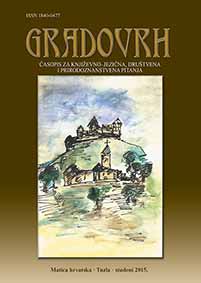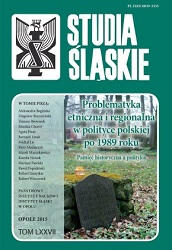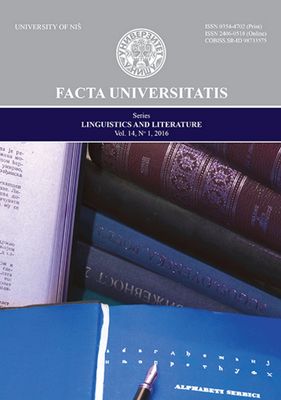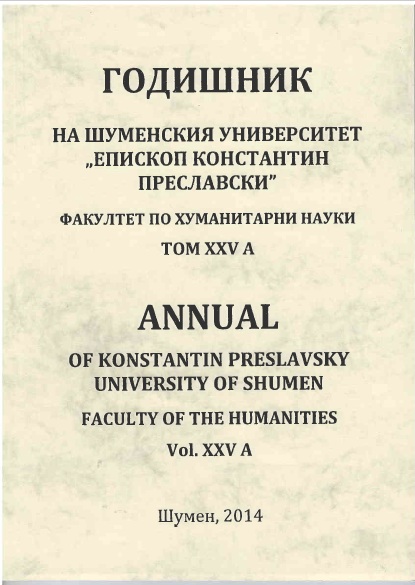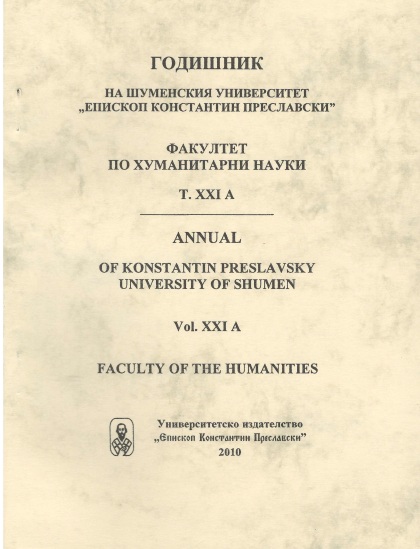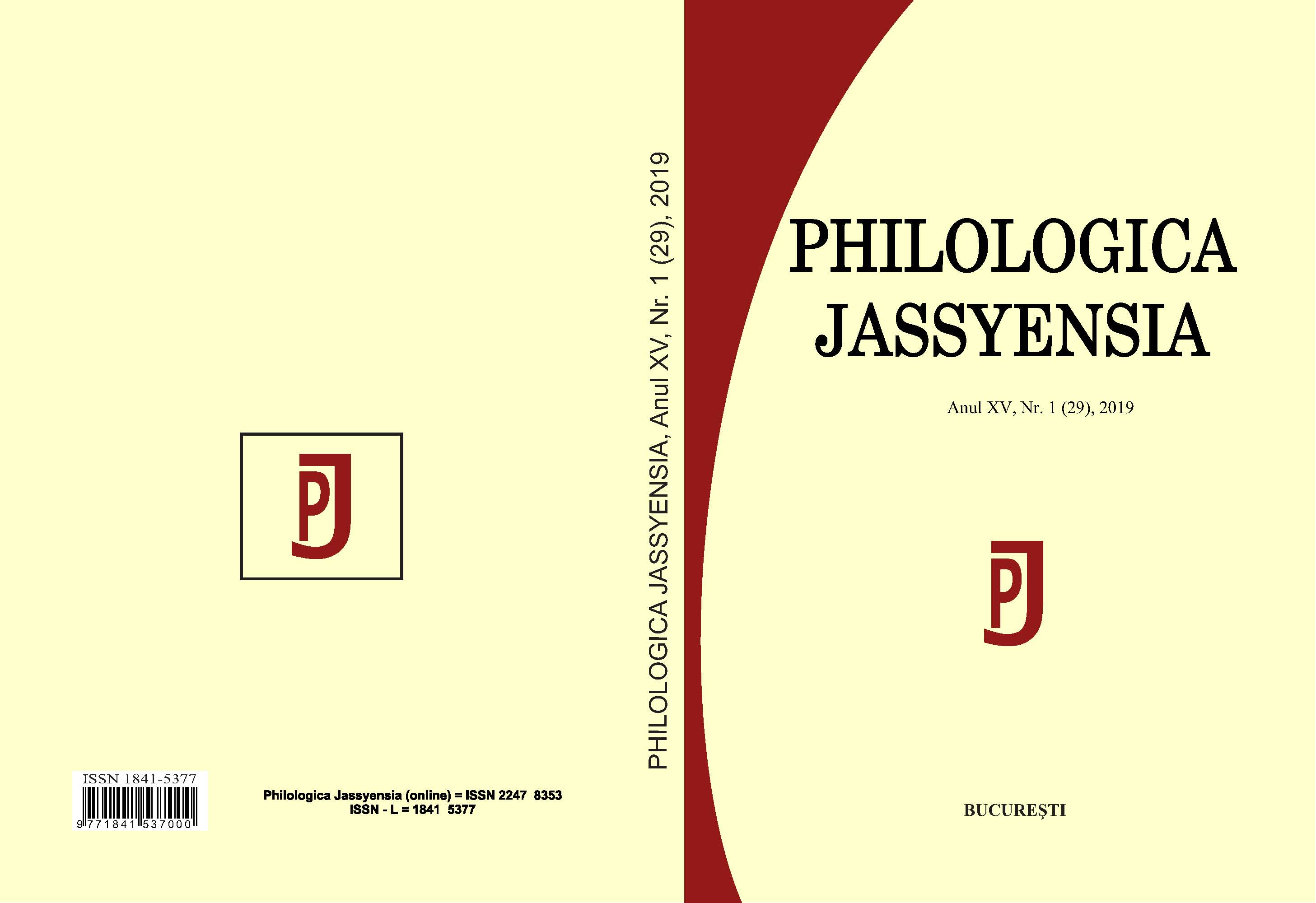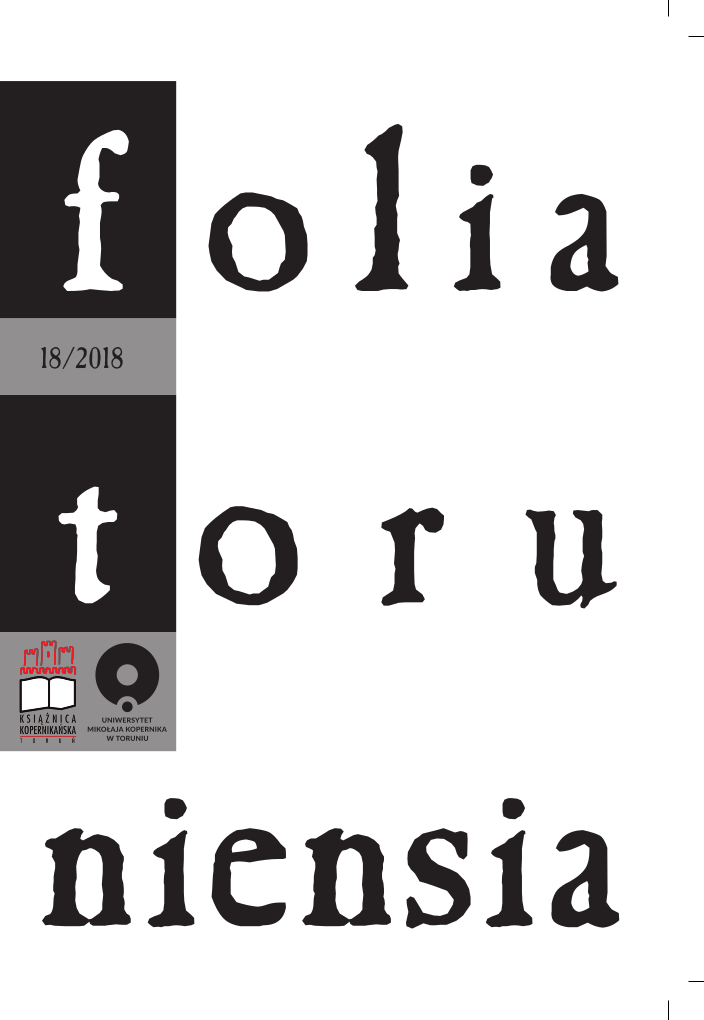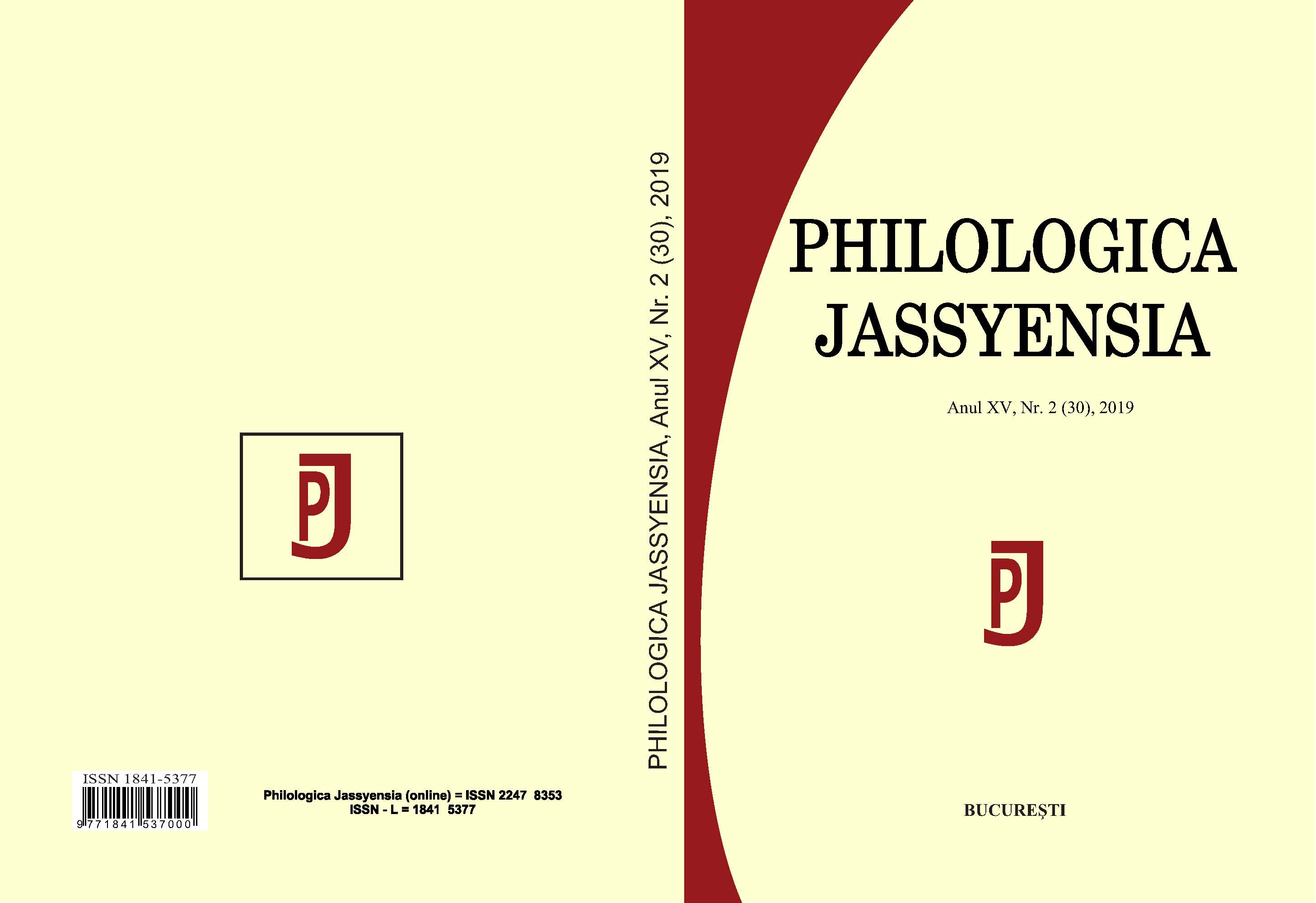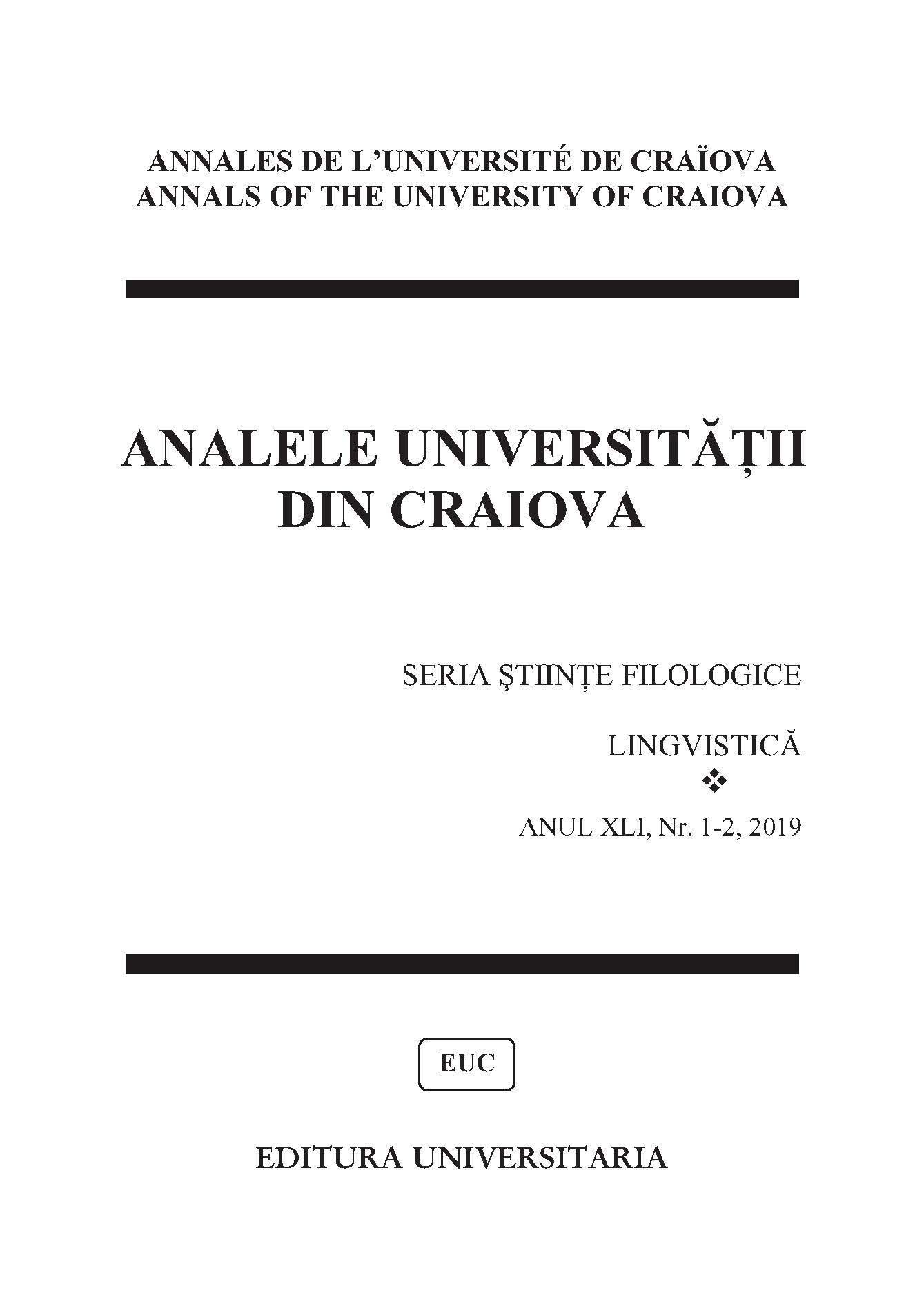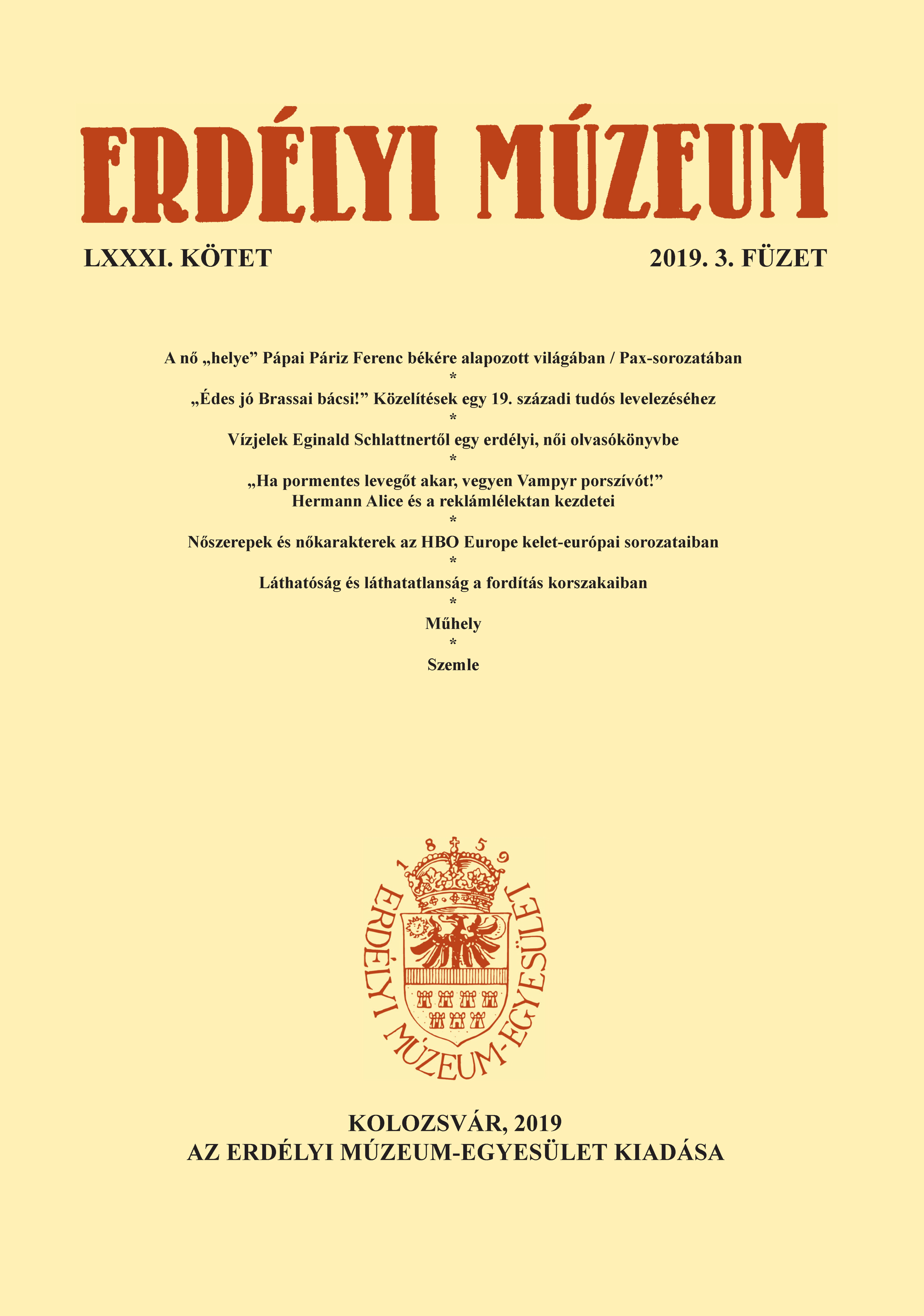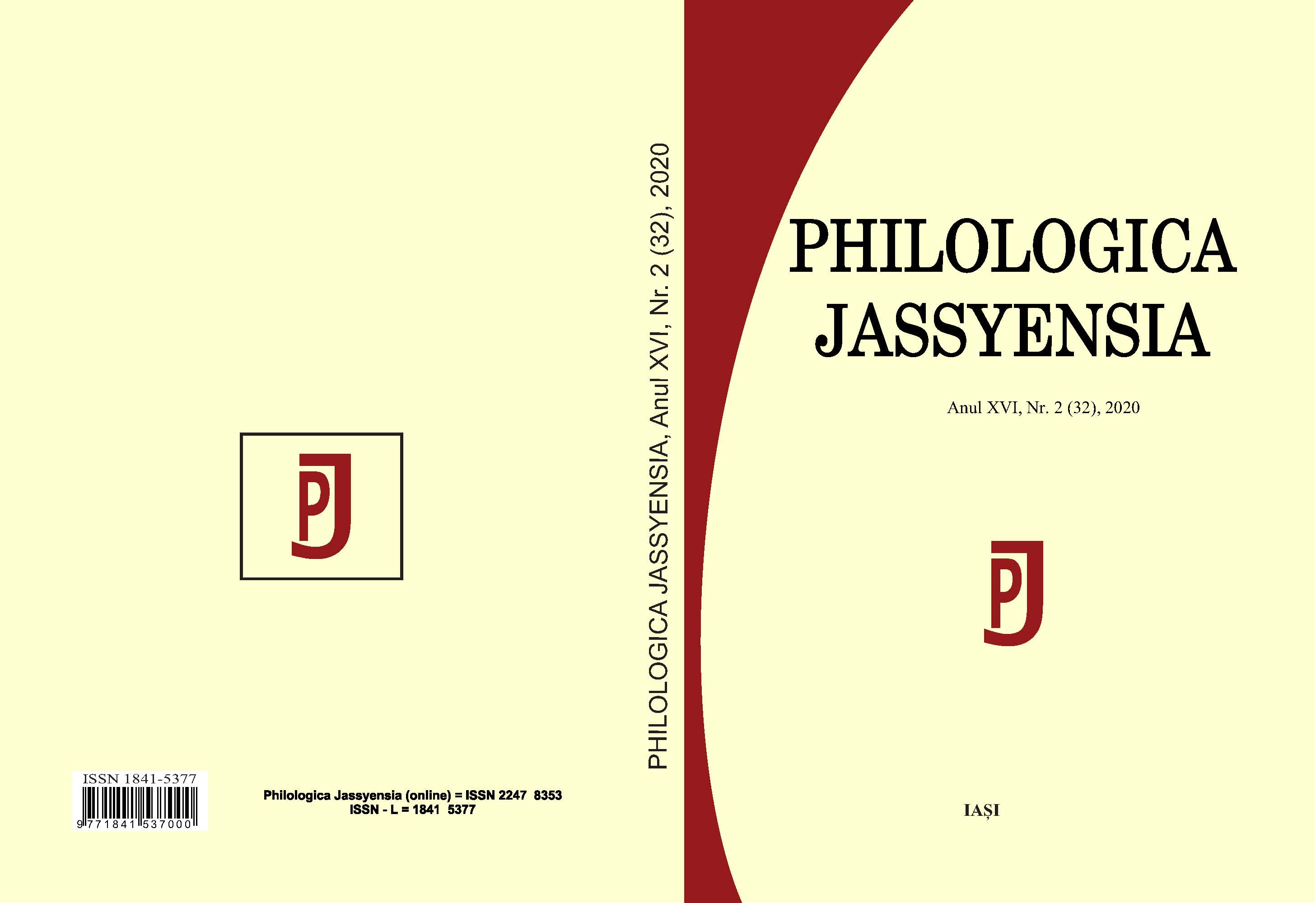Continuity in European Toponomastics: the (Pre-)Indo-European *kar- / *kal- Root in the Pre-Latin Ligurian Toponymy
This paper provides a scientific survey about the proto-Indo-European root *kar- / *kal-, meaning ‘stone’, rock’, and about the related European Prehistoric toponymy according to a new convergent approach. The stem *kar- is considered, in this study, as a presumably pre-Indo-European root transferred (after the possible ‘arrival’ of the Indo-Europeans in their European territories) in the linguistic system of proto-Indo-European through a process of reuse and refunctionalization of roots and (loan-)words due to linguistic contact. Phonetically adapted to the (proto-)Indo-European standards, the root *kar- shows, at least in the Ligurian area, a variant *kal- (not an independent stem, but an alternative form) involved in the formation of a number of words and place names linked to the notions of ‘rock’ and ‘stone’ (in particular ‘friable, calcareous rock eroded by water’). The paper tries, moreover, to highlight a particular morphologic phenomenon of reduplication of the root *kar- (very peculiar, because the reduplication is not widely productive in Indo-European) in the Italian (Ligurian) place name Carcare (< Carcaris).
More...
